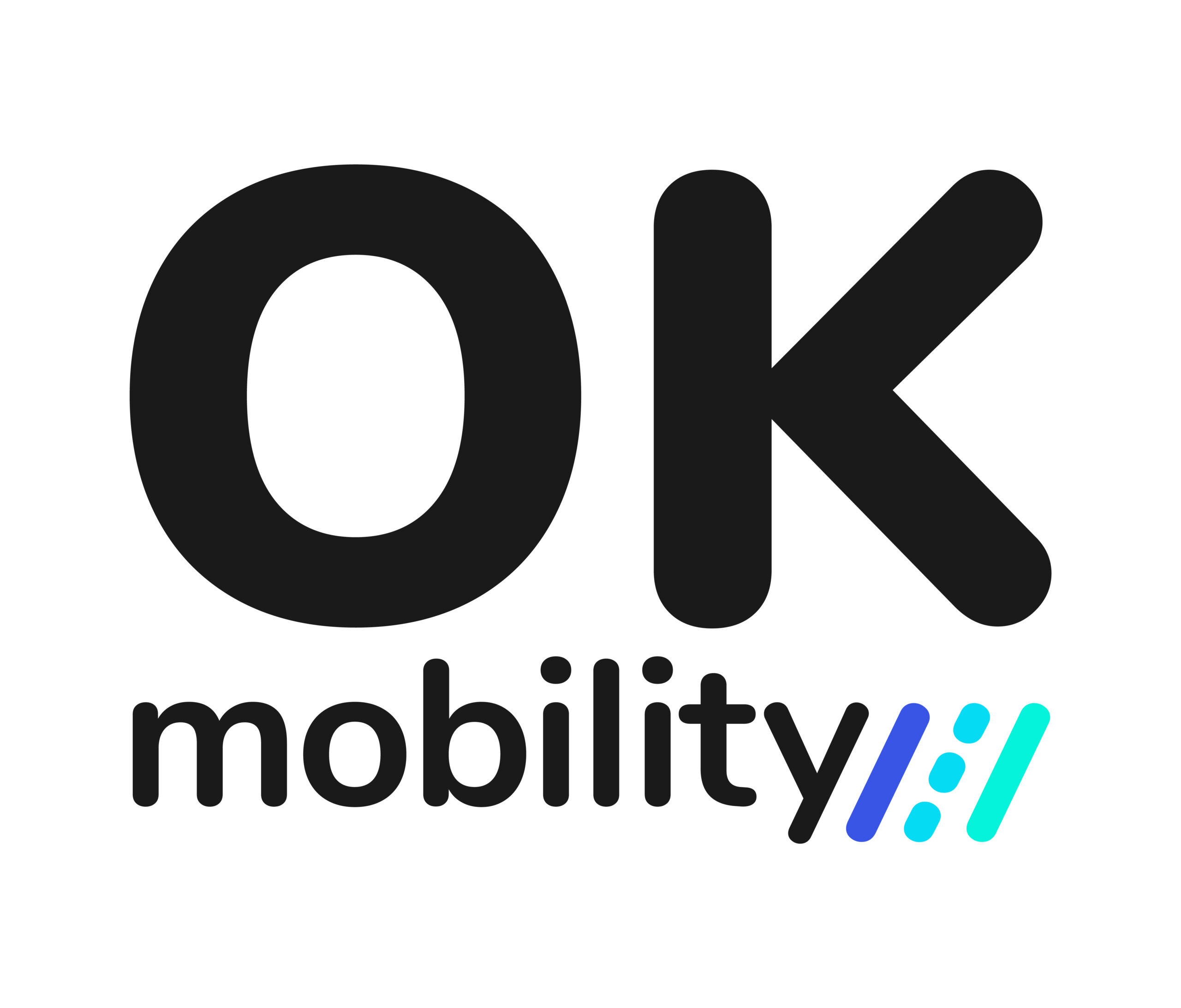29 de September de 2022
Interview Gerardo Prieto Madrazo
“An overwhelming excess of information sometimes impedes you from appreciating the most important thing in a runner, the human factor”.
Gerardo Prieto has been in charge of the elite athletes at the Zurich Marató Barcelona since 2010. Key dates in which he has achieved the race record in the men’s and women’s categories and even a world record in the Barcelona half marathon.
How many years have you been collaborating with the organisation of the Zurich Marató Barcelona coordinating the elite athletes?
Broadly speaking, in the nineties I collaborated a couple of times in the editions in which the course record was improved by Abdeslam Sherrock, the first time that it was run on state asphalt in less than 2.10. In 2010, Cristian Llorens called me a month before the Marathon to reinforce the elite race, which was finally won by Jackson Kotut with 2.07.30, two minutes faster than the Moroccan record, which remained unchanged until almost fifteen years later. The women’s record has been improved, I think I remember, up to seven times in these dozen years, with one athlete in 2.23 and two male athletes in 2.05 in the last edition.
What are your main criteria for choosing the runners who come to participate?
Technical criteria always predominate, statistics on the performance of each athlete, personal bests considering where and how they were obtained. In my opinion, an overwhelming excess of information sometimes prevents you from appreciating the most important thing, the human factor, that intangible that is so difficult to measure or specify and so vital in a distance as special as the marathon. If you know how they live and think, their environment, who trains them, who looks after them and moves them around the world, you have an advantage in choosing and trusting a winning team with a clear objective.
What has surprised you most about the training camps?
I have travelled to Kenya and Ethiopia with reporters, and they are usually surprised by the rusticity and spartan life in these rudimentary East African sports facilities, although, frankly, I have never found them to have that effect. Since my first incursion into this part of the world in 1989, I have been convinced that this attitude is an important part of their success. It is also true that the arrival of European coaches and representatives since the 1990s has undoubtedly expanded the dominance of African athletes in long-distance running. The temporary exodus of many European athletes who now train in Iten, Eldoret or Addis Ababa does not surprise me either when I see groups of almost a hundred runners setting off before dawn.
At the Zurich Marató Barcelona you were involved in the race records set last November. What does it mean to you to see that you didn’t make a mistake when it came to choosing the participants?
It wasn’t easy because we had two editions in a row with a record of 2.06 and the objective was to be under this record in men and under 2.24 in women. In the latter case, the greatest satisfaction for me was to see the winner of the Zurich Maratoia in San Sebastian, Dekebo, win with 2.23 in Barcelona after trying the impossible on the San Sebastian circuit, which was hit by a considerable rain and wind storm that day. She didn’t make it in San Sebastian, but I found her commitment so generous that I immediately invited her to participate in Barcelona.
In this sense, you played a very important role in the eDreams Mitja Marató Barcelona, with the world records set by Florence Kiplagat in 2014 and 2015. How did you experience this moment?
Florence Kiplagat has made the Mitja de Barcelona great, now a reference event all over the world and especially in Europe, including popular runners. I lived it with enormous satisfaction because the Mitja in 2012 had 4,000 participants, I think I remember, and, after Florence’s records, the registrations were closed when they reached 23,000, a week before the official closing date, something never seen before. Undoubtedly the Kenyan has had a lot to do with the remarkable increase in participation, especially among women. I have witnessed that the demand for numbers from the European and local elite rocketed after the five world records of the Kenyan runner at the finish line in Ciutadella, the first WR on Spanish asphalt, without a doubt a great attraction.
What professional moment do you take with you from your experience as manager of the elite athletes of the Zurich Marató Barcelona?
I’m keeping with a difficult but happily overcome moment and an easy but insurmountable one. On the 25th anniversary of the Barcelona Games in 2017, we invited the six marathon runners who stood on the podium in Montjuic. They certainly witnessed a very special edition. Mekonen, a 2.06 accredited runner, was the favourite, but he got injured in the 30km and the head of the race, with TV3 live, was empty except for the two hares pulling him. I approached Jonah Chesum, one of the hares, and encouraged him to continue, to which he responded affirmatively. He held on as best he could up the Parallel Avenue and ended up winning in 2.08. Chesum has a disability in his arm from a domestic accident as a child and had participated in the Paralympic Games. This circumstance and the fact that he ended up winning, being one of the pacemakers, had an enormous repercussion in the media and networks, as the Marathon had never enjoyed before.
For me, the easy but unforgettable moment comes when you congratulate the winners in the hotel, showered and mercilessly enjoying their food just three hours after finishing a full marathon, when you share a tea for desert and they tell you about their life and their circumstances. They end up inviting you to visit them in their home country, especially the Kenyans who tend to be friendlier, simply because they speak good English and the Ethiopians barely speak English at all. I took some of them at their word and travelled to the Rift to invite them to defend their title in the next Marathon. I was greeted at their farms or shambas with continuous expressions of thanks, and they gorged me on milk tea and chapati as they gathered the whole family for a photo with the Misungo from the Barcelona Marathon. Every time a new family member, friend or neighbour arrived, another photo had to be taken, each time more choral, with the shamba, the cows grazing around and the new house in the background, built with the prize that the runner had won in Barcelona. In each snapshot, everyone held their breath, only to burst with joy, that African ‘joie de vivre’ that is so contagious.

















